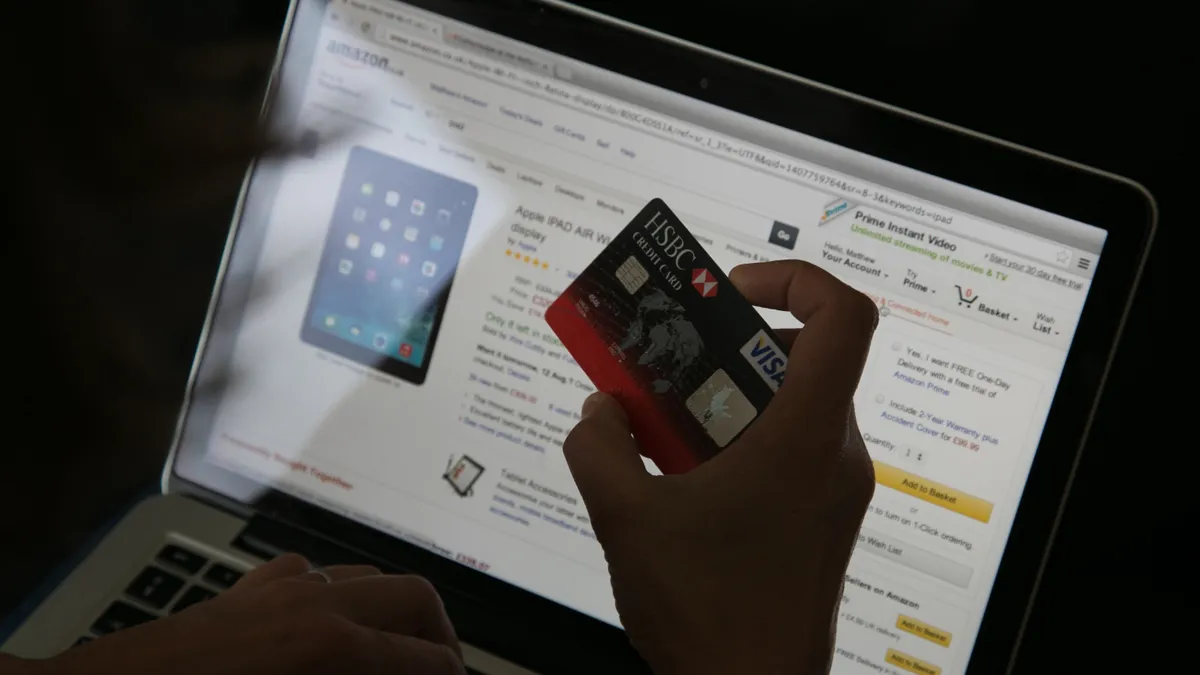As consumers flock to online shopping, merchants are adding more check-out payment possibilities to compete for customers and avoid "cart abandonment."
"Payment orchestration platforms" (POPs) provide a single digital conduit to direct and validate all transactions between merchants and customers, as well as the payments providers involved, through an application programing interface (API). The platform enables merchants to provide different payment options on their checkout which resonate with their customers more and help them in enter different markets with ease.
As transactions become more digitized, it is essential for merchants to provide a variety of online payment options for customer retention and increased sales. They're trying to avoid what is known in the industry as "cart abandonment," where a consumer loads items into a cart for purchase online, but then leaves a site without buying anything. The average e-commerce cart abandonment rate was 69.57% in 2020 so better checkout options could increase conversion rates by 35.26%, according to a report from Fundera, a Nerdwallet digital marketplace for small business financial solutions.
Some 70% of shoppers would prefer shopping at a merchant that provides their preferred payment method, according to a PayPal and BigCommerce report published this month. Otherwise, the merchants risk losing customers.
“That definitely puts pressure on smaller merchants with limited resources, and it also reinforces the need for all merchants to understand their existing and prospective customers because deciding what offerings to have available should be based on what those customers need,” Sharon Gee, general manager of omnichannel at BigCommerce said in an email. “It helps to start with an e-commerce platform that has strong integrations with a wide variety of payment options to make it easy to implement and manage them.”
Payment orchestration lets merchants more easily add and subtract payment options on their checkout page which their customers would prefer, while following compliance rules, Gr4vy CEO John Lunn said during an interview. Gr4vy is a cloud-based software-as-a-service provider that helps digitize retailers' payment infrastructure by adding different payment options on their checkout pages.
“Merchants can also have their own relationship with different payment providers like PayPal, Adyen, Stripe or Checkout.com and what we do is we allow you as a retailer to add those payment types instantly into your infrastructure,” Lunn said. “If you want to go to a country where Stripe perhaps is not strong, and you want to add a local payment provider, we can allow you to do that in a few clicks, instead of you needing to do a whole integration at that point.”
Many companies like Dwolla, Rapyd and Adyen provide payments orchestration services.
“Our platform can allow you to orchestrate payments--for example, if you wanted to write your own buy now-pay later application, we can power that,” Dwolla Vice President of Product Ben Schmitt said during an interview. “We would handle all the different things you would need.”
Companies with a diversified payments offering like Stripe and Shopify will eventually evolve into POPs, Rightpoint Chief Commerce Officer Phillip Jackson said during an interview. Rightpoint uses market data and analysis to help create websites, mobile apps and digital journeys for its customers, Jackson said.
As a company grows and adds more products, they need different checkout experiences to match their product line. A payments provider that allows merchants flexibility over what payment options to use and develop on top of it will have an advantage as the market gets more "verticalized," Jackson said.
Different market verticals like luxury, furniture, fashion, and electronics are experiencing higher digital sales and the payments requirement for each market is different, Jackson explained.











